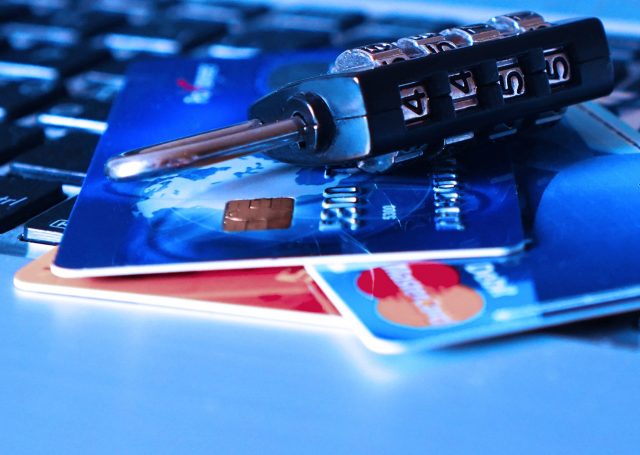
Wednesday’s Wall Street Journal’s big reveal did not mark the first time that social media has been shown to negatively impact society. We have witnessed numerous reports of platforms such as Facebook being used to broadcast live suicides and we have seen these platforms advocate for younger users (Facebook once designed a messaging app for those under 13). Wednesday’s report just shows another side to the effect of social media on today’s communities.
‘They have no way of knowing who they are really in touch with’
When people contact others on social media, they have no way of knowing whether they are really in touch with who they are reaching out to. This is the reason Russian perpetrators found it easy to manipulate Americans and solicit personal information during the 2016 electoral period, reported the WSJ.
According to the report, Russian agents contacted Black American business owners and engaged them with the aim of stealing data from them. Using tags such as “Black4Blackâ€, the Kremlin agents impersonated Americans and reached out to their “fellow†countrymen on Facebook and Twitter.
At the moment, the platforms enable users to filter native English speakers from non-natives based on the personal information used at the time of creating an account. However, the apps do not allow users to verify the identity of account holders who contact them. Furthermore, the filter cannot be used to distinguish Russian and other non-native English speakers posing as Americans from actual Americans. These features are what enabled Russians to ferret information from unsuspecting US residents.
Social media platforms are looking at other ways to tighten their security. For instance, there is talk of monitoring IP addresses to prevent against setting up dummy accounts. In the meantime, users just have to be careful about what information they share over these platforms.







